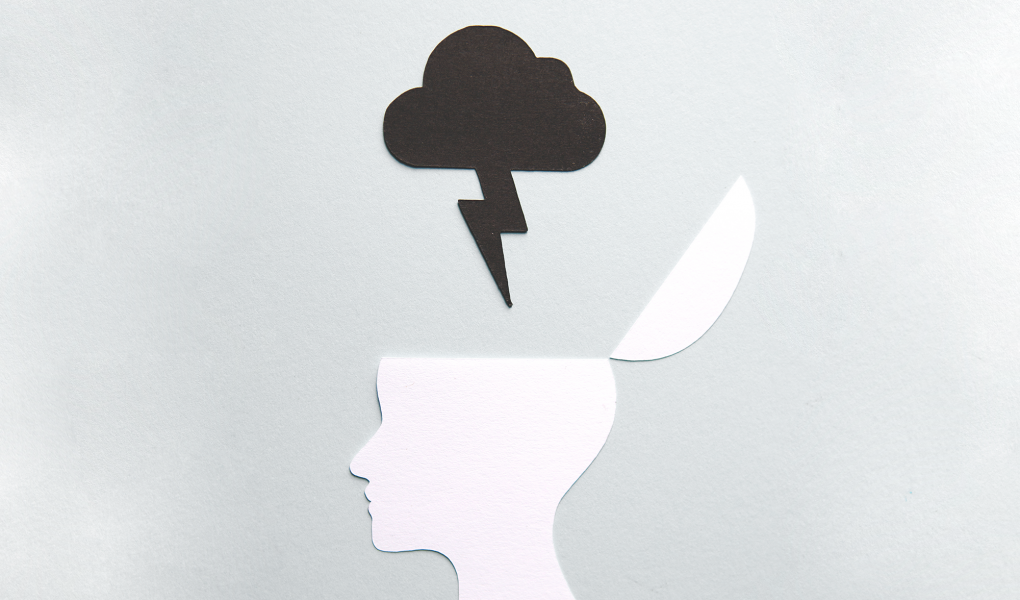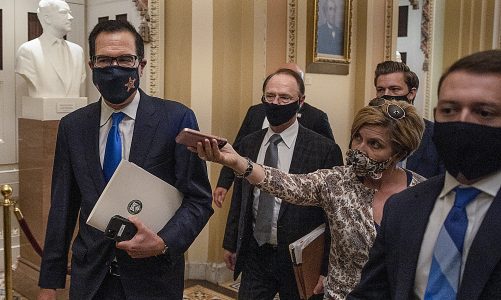A troubling new report from the UK government’s statistics agency suggests that the number of people likely to have depression has doubled compared to before the pandemic.
The UK Office for National Statistics report surveyed a representative group of Britons aged 16 and over in June and found that one in five reported symptoms of moderate to severe depression, compared to one in 10 surveyed before for the pandemic to begin.
Psychologists and other mental health experts surveyed by the UK’s Science Media Center said they weren’t surprised by the results, but cautioned that the mental health consequences of the pandemic and economic crisis were probably just beginning.
“This is deeply concerning. We should not accept this simply as [the] ‘new norm’, “said Simon Wessely, royal professor of psychiatry at King’s College London.” It’s new but everything but normal. “
The impact has been particularly extreme in the groups that already reported above-average rates of depression even before the pandemic: women, those who were financially vulnerable and the disabled, according to the report. But it also marked a sharp jump in depression in adults under 40; about a third of those surveyed under the age of 40 showed signs of depression.
While people who were unemployed were much more likely than those who had jobs to report severe symptoms of depression (about one in four people), the survey suggested that being unemployed is just as hard on your mood now as it was before a pandemic. Meanwhile, the number of respondents who were working and reported symptoms of depression doubled from before the pandemic, to nearly one in five.
The mental health impact of the pandemic, lockdowns and the economic crisis has also been traced in other countries. A recent US Census survey suggested that up to one in three Americans shows signs of depression.
Charley Baker, associate professor of mental health at the University of Nottingham, noted that it is important to avoid “pathologizing” what may be reasonable responses to the uncertainty and fear of the pandemic.




